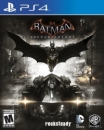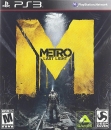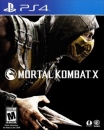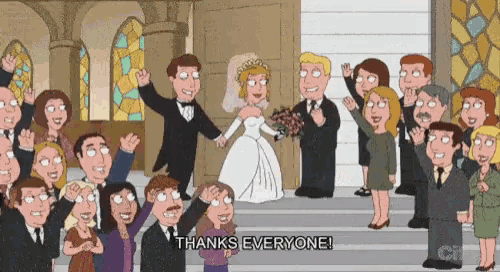How CDPR Localised The Witcher 3: Wild Hunt
Take a look at what it takes to localise a highly anticipated AAA game.
The Arab World is ripe with gamers of all kinds. The gaming industry in the region is exploding with either consumption or creation. We’re seeing more Arabs playing games and participating in gaming tournament and more game designers are setting up shops for local game development. The market is growing exponentially and major publishers have taken notice. That’s why they are keen on localising their games to cater to the Arab audience.
The first major notable game that revelled in a highly publicised localisation was Tomb Raider by Square Enix and the past few years have witnessed a slew of other games following in its stead such as Assassin’s Creed, Call of Duty, Pro Evolution Soccer, and more.
This year, one of the most highly anticipated games is coming out in Arabic. You know what we’re talking about, The Witcher 3: Wild Hunt by CD Projekt Red.
The Witcher 3 is massive, with several story lines, 36 endings, a huge open world to explore, and a whole lot of stuff going on. We’ll take you through some of the different aspects of localising such a major game in Arabic.
The first thing to consider is the sheer amount of elements that require translation. It’s easy to think that localising a game is the equivalent of adding subtitles to the dialogue but there’s actually a lot more to it than that. At the very least there’s translating the script, the on-screen menus, the UI, the journal entries, the chapters, and basically any text that pops up anywhere.
There are also decisions to be made on what gets translated and what gets transliterated, especially when it comes to proper nouns and names. Translating is changing the word from English to Arabic. Transliterating is keeping the English word but spelling it out phonetically in Arabic. For a game like The Witcher 3, there are a lot of strange names for locations, weapons, potions, and races. Even the word “witcher” itself might provide a translation dilemma for the team.
On one hand if they keep these names as they are in English, opting only for transliterating, then the Arab gamers might not comprehend the full implications of the word (e.g. the witcher in English denotes a sorcerer of some kind but the word has absolutely no meaning in Arabic). On the other hand, if they do translate them, some of the game’s identity will be lost and they would be creating a separation between the gamers and their recognition of the game (e.g. it would no longer be Geralt the Witcher).
We haven’t been able to get a clear confirmation for them on how they plan to solve this problem, but we’re looking forward to seeing how they will navigate around it.
Besides just the translation of all the game elements, there’s a huge aspect of bringing this game into the Arab World that goes into the localisation process and this involves censorship. Generally, any game that is to be released in the Arab World has to pass the approval of the Media Council. They take a close look at the game and decides if it violates any moralities, religious inclinations, values, social constructs, etc. Basically they are seeing if the game aligns with the culture or not. If any games doesn’t, it gets banned.
The Witcher has long been notorious for strong sexual, alcoholic, and violent themes. There are a few changes the game has to make in order to pass the Media Council’s approval. Going by two videos that we have seen shown at E3 and TGXpo in Riyadh and IGN Convention Dubai 2014, we have noticed that certain adaptations have been made to clothe up naked women and decrease the amount of blood shed in battles. Even though we haven’t received confirmation, but we also speculate that certain scenes will be deleted and the dialogue itself will be toned down whenever it references drink, sex, or cursing.
Localising a game as big as The Witcher 3 is a massive project that involves many people. The actual process starts after the framework and story are set and while development is well on its way. We’ve spoken to professionals working on localising games and this is the process that usually takes place:
-
The publisher’s localisation team sends the content to their local representatives for it to be translated
-
After translation, the content passes through several phases of quality checking before it gets sent back to the publisher for coding
-
During coding, the local representatives might be asked to get involved in making certain decisions like how and where to place the text, when it cut the text during dialogue, how the text looks visually, etc
-
It’s also during coding that the game gets its other adaptations to suit the conservative culture of the Arab World
The localisation process for a massive game like this, from the moment the localisation team sends out the content to the moment the localisation is finalised, takes about a year to a year and a half to finish.
Everyone involved in the process has been working hard and the wait is finally almost over. The Witcher 3: Wild Hunt releases on May 19 and we are so excited to play it. We really hope that more publishers will take notice of the amazing gaming market in the Arab World and also cater their games in Arabic.
We will have a lot more on The Witcher 3 in the coming days, so stay tuned to IGN ME.
http://me.ign.com/en/the-witcher-3/103946/news/how-cdpr-localised-the-witcher-3-wild-hunt
-----------------------------------------------------------------------------------------------------------------------------
Sometimes. I hate living in an Arab country, and I'm an Arab. The mentality of "Video games are for children" needs to be stopped.
Follow me on Instagram : YAFEAXX












































































